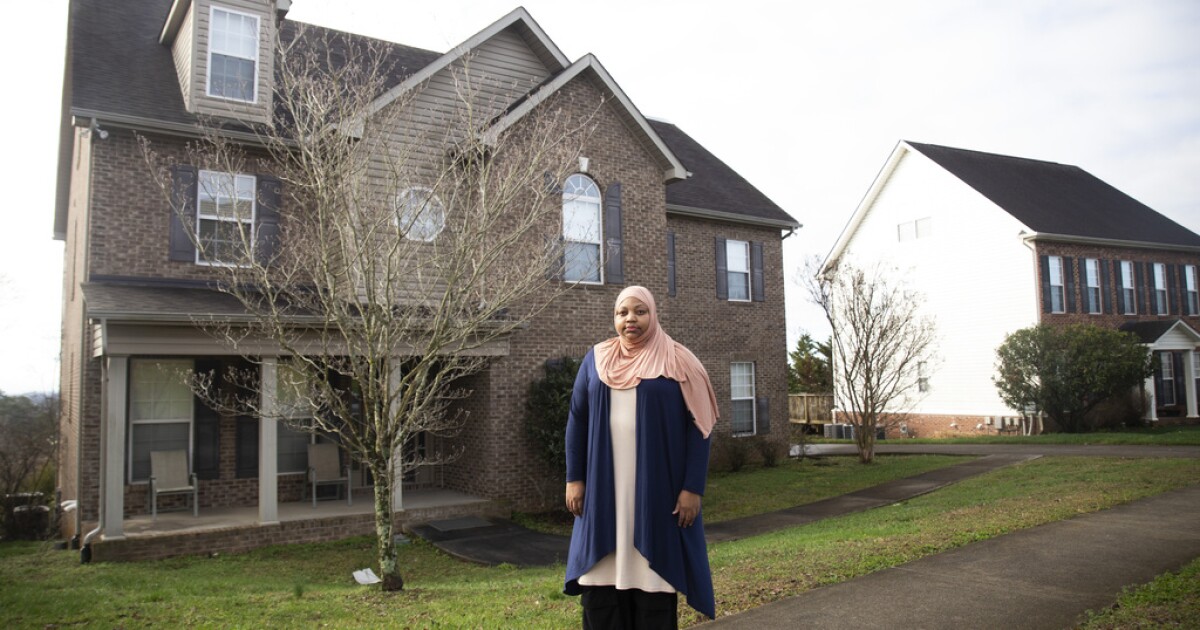
Medicaid Recoups Costs by Targeting Deceased’s Estates
TL/DR –
The US federal government requires states to recoup money from the estates of deceased individuals who used Medicaid for long-term care after the age of 55. This has led to states billing families for large amounts and threatening lawsuits to seize properties. Critics of the policy say it recovers only a small fraction of Medicaid’s annual long-term care expenditure, and that many states fail to warn Medicaid beneficiaries that their estates may be targeted after their death.
Salvatore LoGrande’s Daughters Faced $177,000 Medicaid Bill After His Death
When Salvatore LoGrande battled cancer, his daughters pledged to keep him in the home he had purchased years prior. Shockingly, a year after his passing, Massachusetts billed them $177,000 for his Medicaid expenses, even threatening to seize his home if the payment was not made promptly.
This was no error but a practice mandated by the federal government to recover funds from the assets of deceased Medicaid recipients. While homes are typically exempt from Medicaid qualification, they can be subject to estate recovery for individuals over 55 who used Medicaid for long-term care.
A Democratic lawmaker has proposed eliminating this program, arguing that it collects a mere 1% of the more than $150 billion that Medicaid spends annually on long-term care. Critics also claim that many states fail to inform Medicaid enrollees about potential future bills and property claims.
LoGrande’s Legal Battle with the State of Massachusetts
LoGrande found herself in a two-year legal battle with Massachusetts following her father’s death. She had turned to a local nonprofit for advice on senior care and was suggested to enroll her father in Medicaid. She was assured that the state would only seek the house if her father was sent to a nursing home. The state finally settled with the LoGrandes in 2019, relinquishing its claim on the home.
Varying State Policies on Medicaid Estate Recovery
Estate recovery policies differ significantly across states, with some placing liens on homes while others do not. A 2021 report from the Medicaid and CHIP Payment and Access Commission reveals these disparities. Some states such as New York and Ohio have been more aggressive, recovering over $100 million in a single year, according to a Dayton Daily News investigation.
Proposed Overhaul of Medicaid Estate Recovery Process
The Blue Cross Blue Shield Foundation of Massachusetts has called for an overhaul of the state’s process, which involves collecting reimbursement for most Medicaid costs, not just long-term care expenses. The foundation suggests that the state legislature pass a law prohibiting these additional collections, arguing that estate recovery can perpetuate wealth disparities and intergenerational poverty.
Other Individuals Affected by Medicaid Estate Recovery
In Tennessee, Imani Mfalme is facing a similar situation after her mother’s death in 2021, owing the state $225,000 for Medicaid costs. The state is seeking a court order requiring Mfalme to sell her mother’s house to cover the debt. Mfalme’s mother had won her dream home in a landmark discrimination lawsuit against her former employer, Boeing.
Call for Changes to the Federal Government Mandate
The Medicaid and CHIP Payment and Access Commission’s report recommends that Congress reverse the 1993 law requiring states to recover money from estates, suggesting instead to make it optional. Recently, Democratic Rep. Jan Schakowsky of Illinois reintroduced legislation to end the federal government’s mandate, believing it to be a losing proposition for families and taxpayers.
—
Read More Health & Wellness News ; US News
